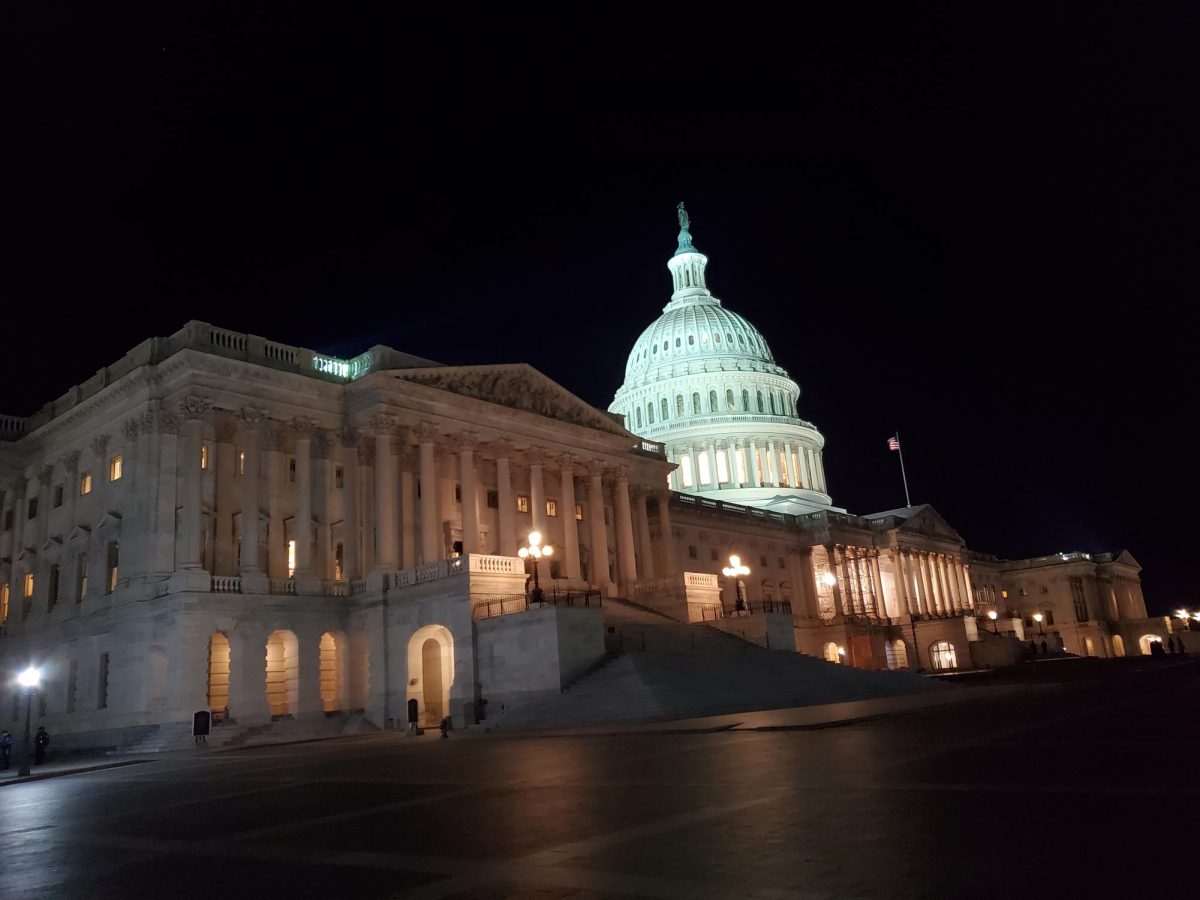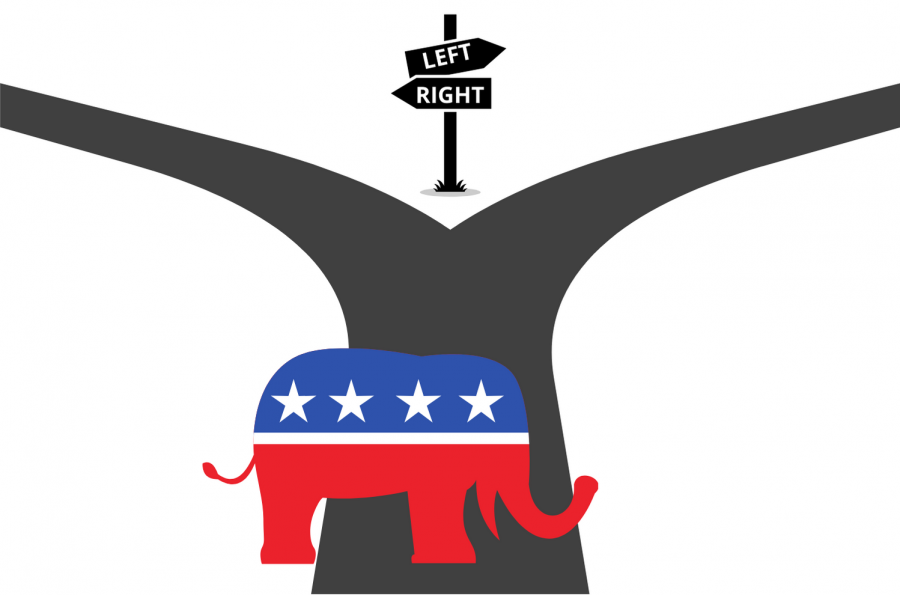Senate Democratic leaders agreed upon an approximately $110 billion package to avert the looming sequester, which is scheduled to come into effect on March 1.
The package is comprised of half tax increases and half spending cuts aimed at temporarily averting the sequester by ending agricultural subsidies and cutting government defense: each saving the government about $27.5 billion.
The package would also establish a 30 percent minimum tax rate on incomes over $1 million to raise about $54 billion over 10 years, and would raise $1 billion more by subjecting tar sands oil to a tax to pay for oil spill cleanups and by ending a business tax deduction for the cost of moving equipment overseas.
Before the details of the package were even announced, Senate Minority Leader Mitch McConnell dismissed it as “a total waste of time.”
“This is not a solution — even they know it can’t pass,” McConnell said on the Senate floor Thursday. This is in part because of the tax increases for wealthy Americans and the harsh budget cuts to the department of defense.
The proposal is not likely to make it through the Senate. Both parties seem to agree that the legislation is more of a bargaining position than a solution. “This bill is an important chess piece,” said Sen. Charles E. Schumer, D-N.Y.
House Republicans are even less likely than their Senate counterparts to accept a sequester package that includes new taxes. Republican House Speaker John Boehner, R-Ohio, has said his chamber will not act until after the Senate passes a bill.
The White House has issued a statement in support of the Democrats’ plan.
“The American people overwhelmingly support the approach Senate Democrats are taking, especially the ‘Buffett Rule,’” the White House Press Secretary Jay Carney said in a statement. “It’s simply unacceptable that the very wealthiest Americans can pay less in taxes as a share of their income than their secretaries and other middle class workers.”
The sequester was designed to so dramatically downsize the military and other popular government programs that lawmakers would be forced to compromise on a grand budget deal.
While the effects of the sequester would not immediately go into effect, government agencies are increasingly wary of the consequences. There is real concern that the cuts eventually would disrupt a critical 750,000 government jobs, according to Rep. Chris Van Hollen, D-Md.
This week, a host of Cabinet secretaries wrote letters and trooped to Capitol Hill hearings to warn that the impact will have dire effects. These effects include 600,000 low-income women and children dropped from federal nutrition programs; meat and poultry plants forced to close because of furloughed federal inspectors; deep cuts to poor school systems that rely most heavily on federal assistance; delayed permits for oil and gas production; and shorter seasons, such as reduced operating hours and possible park closings in the national park system.
If the sequester does go into effect, there will be “intense bargaining with unions” about furloughs. Word will go out to federal contractors about contract modifications and terminations. And “governors will be digesting information about how their financial footprint will be impacted. The list goes on and on,” said Daniel Werfel, controller at the White House budget office.
“When meat doesn’t get delivered and food prices go up, when people have to wait five hours to get through an airport line,” added Sen. Mark R. Warner, D-Va. “This isn’t just going to be a problem for Maryland and Virginia.”
Without a compromise to stop the sequester, some lawmakers are considering a fallback plan to give agencies more flexibility to decide where the cuts would land and to have the ability to shift money between departments and agencies. The White House and the Republican party itself has argued strenuously against that idea.
“The flexibility option accedes, in my view, to the fact that sequester is going to take place, and I will not agree that the sequester will take place,” said Sen. John McCain, R-Az.; “It’s too damaging.”







